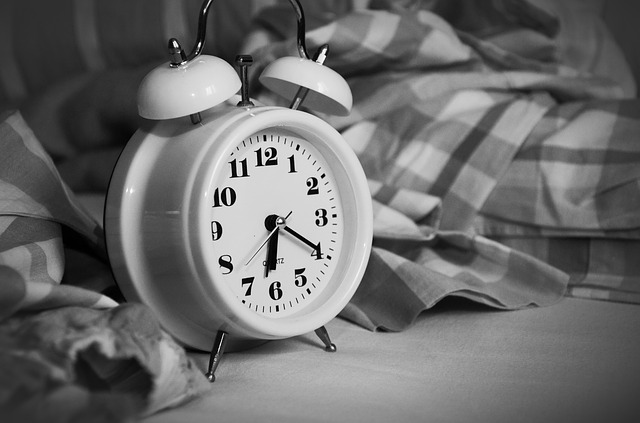Understanding The Different Stages of Sleep
Every night when you sleep, your body and mind go through many changes. This is why you seem to be in a light or deep sleep, or sometimes you dream and sometimes you don’t. Each of these changes will take place at different stages sleep. Here are the sleep patterns and what you can do to improve them.
Stage One – Light Sleep
The first stage of sleep is the easiest sleep, which is usually the thing for people experience when they sleep for a short time during the day. Even in the night you pass first step first, but it may only take a few minutes. During the light time of sleep, you eye movement will begin to slow down, but when you are not very conscious, you are also a little awake.
If you’ve ever fallen on the couch or been lying on the sofa, but you’re instantly familiar
what happens a minute or two later, you are caught in the first stage of sleep. Some people also experience awkward movements, especially when walking in the middle of the first stage and two sleeps.
Stage Two and Preparing for Deeper Sleep
When you pass the first stage, you begin to prepare for deep sleep. This is the stage two, when your eye movements stop and your brain waves start to slow down. Your body temperature will also drop to prepare for deep sleep. The second stage of sleep is still easier since you haven’t fallen into a deep sleep. Your heart decreases and there is an increase in brain wave activity. If you are trying too little sleep, you will not want to pass two stages, or it will be difficult to wake up without alarm.
The Third Period – The Beginning of Deep Sleep
The onset of deep sleep occurs in the third stage of sleep. Your brain creates waves that are called slow delta waves, which is when you may start having night terrors or other sleep effects if you have parasomnias. Are you fighting sleep or talking in your sleep? If so, it will probably happen in stages three or four, but rarely in time. REM sleep (end stage).
When you reach stage 3 sleep, it is difficult to wake up. You will not be like sensitive to sounds and other distractions, waking only to loud or other noises a sudden look. You may not enjoy your alarm clock right away. Step 4 – Continue to sleep deeply The last stage of sleep before you reach REM sleep is stage four, where you move forward and how much sleep you have. Your brain still produces these delta waves, although it is much larger continues to be more permanent at three levels. If you are awake during four minutes of sleep, you are very sleepy and depressed.
REM – Sleep and Rapid Eye Movement
Finally, you reach the fifth stage, which is REM sleep. It appeared very quickly walking, which is the worst form of sleep. It usually happens between 1 and 2 hours when sleep falls asleep and goes to 4 other stages of sleep.
When you have an REM sleep cycle (Which there are several each night), you might have dreams, and if someone were to look at your eyelids, they would see your eyes moving back and forth. Your heart rate increase and your breathing is sometimes faster. REM sleep is important for everyone. It helps you process information from the previous day for long-term storage, and it helps your body to fully rest. If you never dream, you might not be getting REM sleep and should get help with improving your sleep throughout the night.



